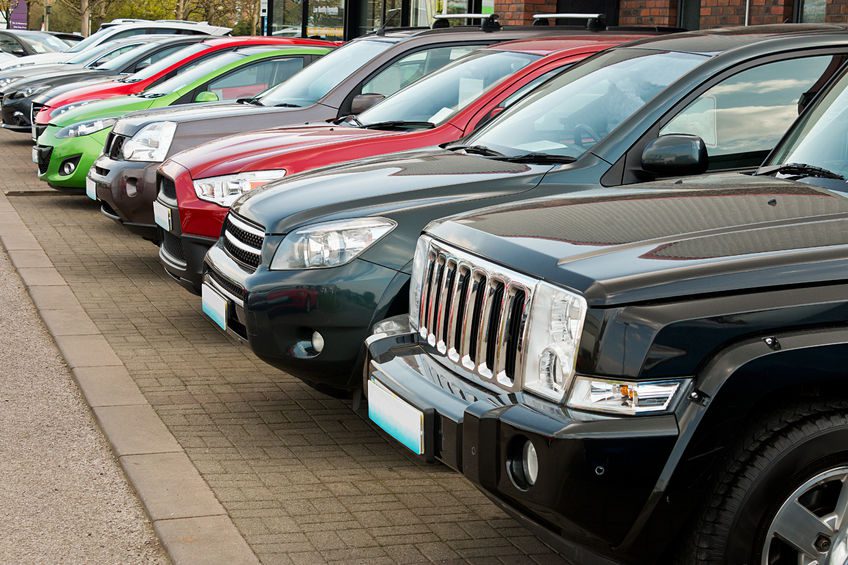J.D. Power forecasted that dealers would face higher prices for used car inventory after a strong start to pre-owned sales in 2019. Used vehicles are notoriously profitable with higher sales gross and above-average F&I income. The first quarter started just as well as 2019, but the coronavirus pandemic has sharply cut into sales figures.
Still, roughly two in three vehicles sold in America are pre-owned vehicles. With such a large proportion of sales coming from used vehicles, dealers could find success from this profitable area. And in a time when fear and worry are a daily concern, boosting used car sales might only require wiping away customer fears about buying pre-owned.
The Research
JW Surety Bonds performed a consumer survey in February 2020 asking customers two questions: “What scares you most about buying a used car?”, and “Do you think buying a used car is worth the risk?”
Regarding the fears about purchasing used vehicles, three main concerns were unveiled:
- 12 percent of respondents most feared overpaying on their purchase.
- 19 percent feared the seller not disclosing the vehicle’s history.
- 27 percent most feared the future repairs the used vehicle would need.
Even with the very real fears Americans face when buying a pre-owned vehicle, 63 percent believed it’s worth the risk. Unfortunately, that leaves 37 percent who hesitate to make a used car purchase.
Related: Used Car Buyers Still Prefer Buying at Dealership, Not Online
Dealers Can Act on Customer Sentiments
Franchised car dealers have the power to address these top three concerns for customers. Doing so will help to quell their worries when buying a used car. It’s especially timely considering market uncertainty during COVID-19 as well as the timing of tax refund checks many Americans are receiving.
Provide Purchase Protection
Since more than a quarter of car buyers fear the cost of repairs a used car will need, neutralize that issue before and during the sale. Provide a reconditioning report for used cars to show transparency and earn trust. Don’t just offer an extended warranty on a pre-owned purchase but build it into the sale. You can offer to strip it out if cost is a concern, although the confidence it gives a buyer will likely see it remain.
Include Vehicle History Reports
Common business practice for years has been to provide a vehicle history report on used cars. That’s still as important today as ever. However, earning trust has proven tough for the auto industry and many car buyers still think dealers hide aspects of a vehicle’s history. If that’s the case, ask the buyer what you can do to eliminate that worry, then follow through.
Prove the Car’s Worth
Comparison pricing for used cars, again, is a common practice among dealerships. For some car buyers, it’s always about the lowest price. But for today’s concerned used car buyer, it’s as much about confidence in their vehicle as it is about cost. If you can point out a car’s uniqueness or show why it’s worth it to spend a little extra, it will mitigate much of the price shopping (and chopping) that you need to do.
These three techniques are common practice, admittedly. However, they can be used as opportunities to build trust and transparency with worried customers – an opportunity that selling new cars doesn’t provide.
Did you enjoy this article from Jason Unrau? Read other articles from him here.
Car Biz Today, the official resource of the retail automotive industry.


While you’re here, don’t forget to subscribe to our email newsletter for all the latest auto industry news from CBT News.
This has been a JBF Business Media production.








